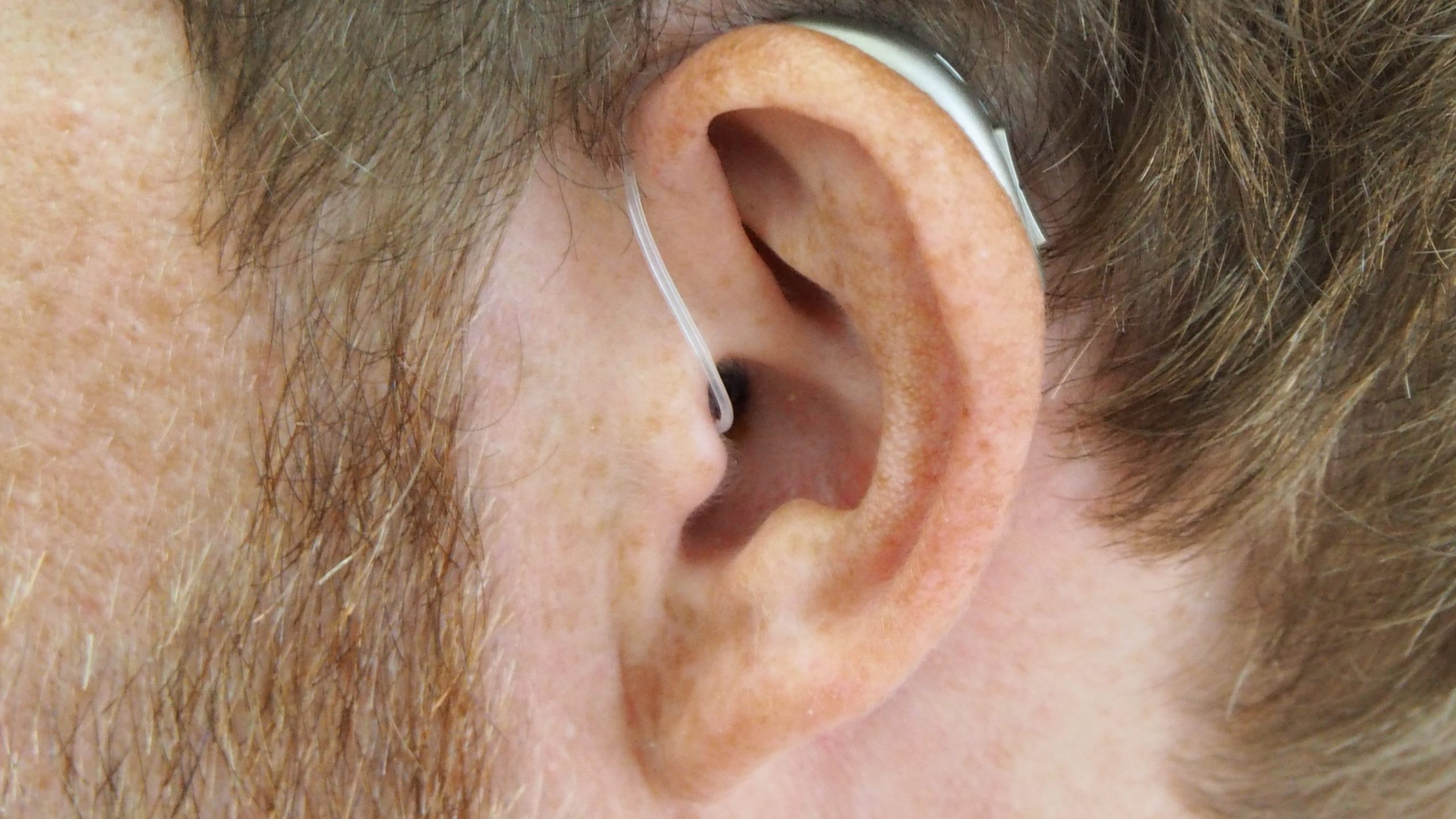Kingston University offers a range of support services but students aren’t always aware of what’s on offer or how to access it.
Christopher Hoare has received a lot of support from the university’s disability and mental health team regarding his disability.
Christopher started to lose his hearing when he was three years old, and over the years has worn different versions of hearing aids.
“Sometimes I ask people to turn towards me when they speak, as well as to speak more clearly, but it’s mostly alright,” he said. “For me, it’s about the frequency of the voice.”
Studying Business Management, the first-year student informed the university that he was deaf when he first enrolled in his course at Kingston University.
Besides that, the university also re-assessed him for his dyslexia so that they could give him the appropriate support.
“I filled out a form and had an interview about my dyslexia. They also took my challenge with my hearing on board, and now I get help from my personal tutor as well as 25% extra time on exams and a reader during exams too,” he told The River.
Help for individual needs
Christopher has a person sit with him during exams who reads out the questions for him, as well as writes the answers for him, which he verbally dictates.
He has also received a laptop with text-to-speech software that reads out highlighted text for him.
He said that he faced a few challenges during the peak of Covid-19. Since classes were not in person, he struggled to explain things online.
The communication process was apparently longer although he did enjoy using the text-to-speech software, which replaced the reader during exams. In fact, he said preferred to use it.
“I’m actually quite happy with all the support that I’ve received,” he said.
Awareness still an issue
Christopher does stress that he thinks the university could do a better job at spreading awareness about their support programs, as many are not aware of the extent of support available to them.
He remembers the support options being advertised during fresher’s week, but not quite so much after that.
“People are quite hesitant to reach out for support at times or aren’t aware of options. So, I do wish that the disability and mental health support team messaged students occasionally to remind them about all the support options.
“I’m sure it’ll especially be appreciated around exam season,” he said.
“They’re very good at keeping things confidential, so I really do think students should make use of the opportunity to get the support they deserve.”
Christopher said that he didn’t receive as much support in college as he does now, and generally thinks the support team is doing a fantastic job at meeting specific needs.
Where can students go for support?
The Kingston University Disability and Mental Health support webpage offers information and guidance with services ranging from drop-in sessions to help with applying for financial support such as the Disabled Students Allowances.
The support team can help with things such as accessible accommodation arrangements, reasonable adjustments to courses or exams and parking permits.
Some students may also be assessed for learning differences such as dyslexia or have certain one-to-one support arrangements.
Students can reach out to the disability and mental health support team at Kingston University by emailing them at disability@kingston.ac.uk.
Students can also join the student-based community at the University, the Disabled Student Network.
The Wellbeing services at the university also offer a range of services which include self-help guides, focused counselling, drop-in advice, listening sessions, stress management, and drug and alcohol advice.
They can be contacted at health@Kingston.ac.uk.

